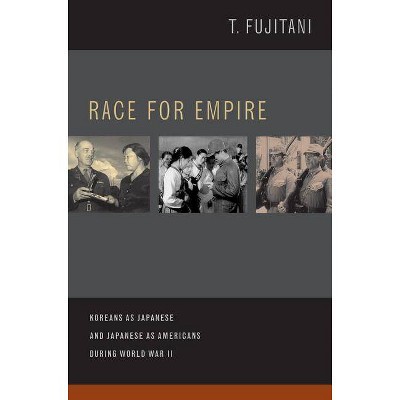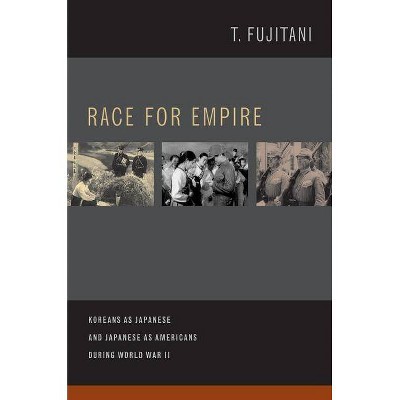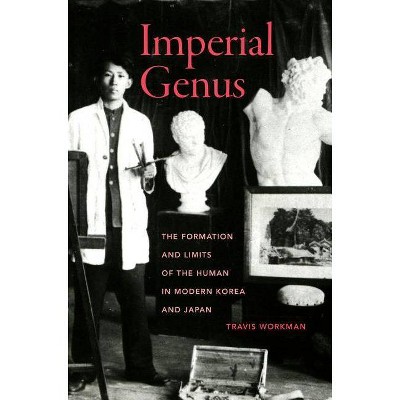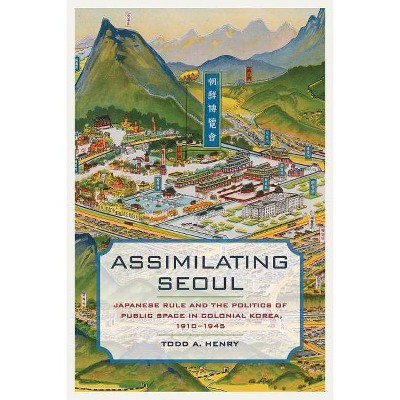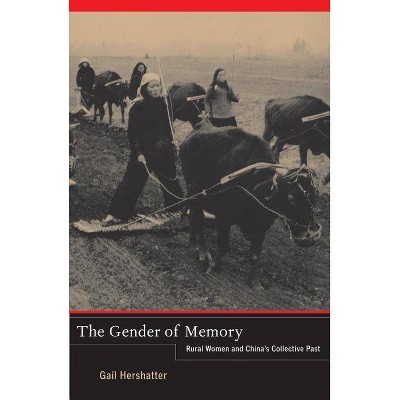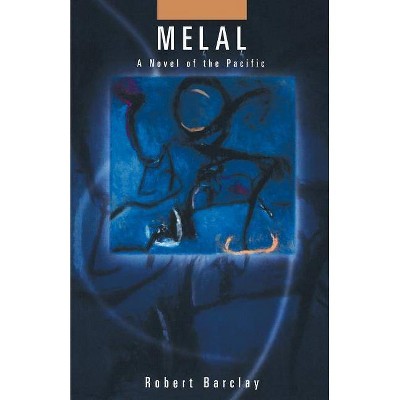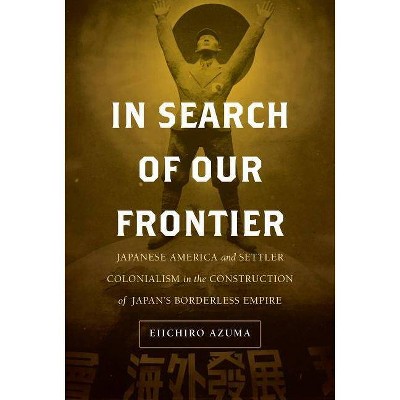Outcasts of Empire, 16 - (Asia Pacific Modern) by Paul D Barclay (Paperback)
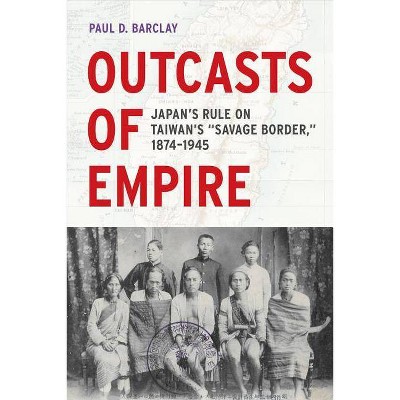
Similar Products
Products of same category from the store
AllProduct info
<p/><br></br><p><b> About the Book </b></p></br></br>"Outcasts of Empire probes the limits of modern nation-state sovereignty by positioning colonial Taiwan at the intersection of the declining Qing and ascending Japanese empires. Paul D. Barclay chronicles the lives and times of interpreters, chiefs, and trading-post operators along the far edges of the expanding international system, an area known as Taiwan's "savage border." In addition, he boldly asserts the interpenetration of industrial capitalism and modern ethnic identities. By the 1930s, three decades into Japanese imperial rule, mechanized warfare and bulk commodity production rendered superfluous a whole class of mediators--among them, Kondo "the Barbarian" Katsusaburo, Pan Bunkiet, and Iwan Robao. Even with these unreliable allies safely cast aside, the Japanese empire lacked the resources to integrate indigenous Taiwan into the rest of the colony. The empire, therefore, created the Indigenous Territory, which exists to this day as a legacy of Japanese imperialism, local initiatives, and the global commoditization of culture"--Provided by publisher.<p/><br></br><p><b> Book Synopsis </b></p></br></br>A free ebook version of this title is available through Luminos, University of California Press's Open Access publishing program. Visit www.luminosoa.org to learn more. <p/><i>Outcasts of Empire </i>unveils the causes and consequences of capitalism's failure to "batter down all Chinese walls" in modern Taiwan. Adopting micro- and macrohistorical perspectives, Paul D. Barclay argues that the interpreters, chiefs, and trading-post operators who mediated state-society relations on Taiwan's "savage border" during successive Qing and Japanese regimes rose to prominence and faded to obscurity in concert with a series of "long nineteenth century" global transformations. <p/> Superior firepower and large economic reserves ultimately enabled Japanese statesmen to discard mediators on the border and sideline a cohort of indigenous headmen who played both sides of the fence to maintain their chiefly status. Even with reluctant "allies" marginalized, however, the colonial state lacked sufficient resources to integrate Taiwan's indigenes into its disciplinary apparatus. The colonial state therefore created the Indigenous Territory, which exists to this day as a legacy of Japanese imperialism, local initiatives, and the global commodification of culture.<p/><br></br><p><b> From the Back Cover </b></p></br></br>"Paul Barclay's exploration of indigenous histories in Taiwan is sophisticated and engaging. This highly original narrative of a formative period will be of great interest to all those concerned with comparative colonial history."--Nicholas Thomas, Professor of Historical Anthropology, University of Cambridge <p/> "Barclay's work reveals how indigeneity evolved coevally with capitalist imperialism and nationalism during the last century. It is a multisided and multiscale analysis--incorporating global, regional, and local scales--and it is embedded in a coherent and compelling narrative. Analysts are greatly concerned about resource frontiers in today's world; this study furnishes them with an indispensable historical framework."--Prasenjit Duara, Oscar Tang Professor of East Asian Studies, Duke University <p/> "Analytically precise and theoretically ambitious, Barclay's wonderful new book examines the entanglements of the interstate system, indigeneity, and sovereignty through the case of Japanese-occupied Taiwan. A must-read for anyone interested in the fate of indigenous peoples under modern colonialism."--Louise Young, author of <i>Japan's Total Empire: <i>Manchuria and the Culture of Wartime Imperialism</i></i><p/><br></br><p><b> Review Quotes </b></p></br></br><br>"<i>Outcasts of Empire . . . </i>challenges the limits of the international system and state sovereignty, explores interlocking forces of colonialism, historical processes of indigenisation, colonial boundaries, and governance through a detailed narrative history of outcasts at the empire-dynasty's periphery. . . . It's a must-read for readers who want to familiarise themselves with contemporary history and indigenous peoples in the Taiwanese context."-- "International Journal of Taiwan Studies"<br><br>"<i>Outcasts of Empire</i> has inaugurated a most welcome turn to theoretically informed indigenous studies. . . . [and] lays the ground for sophisticated work in and beyond East Asian studies."-- "Harvard Journal of Asiatic Studies"<br><br>"The book is a highly recommended reading not only for researchers in East Asian studies but also scholars with a special interest in interdisciplinary research."-- "China Journal"<br><p/><br></br><p><b> About the Author </b></p></br></br><b>Paul D. Barclay</b> is Professor of History at Lafayette College. He is also general editor of the <i>East Asia Image Collection</i>, an open-access online digital repository of historical materials.
Price History
Cheapest price in the interval: 34.95 on November 8, 2021
Most expensive price in the interval: 34.95 on December 20, 2021
Price Archive shows prices from various stores, lets you see history and find the cheapest. There is no actual sale on the website. For all support, inquiry and suggestion messagescommunication@pricearchive.us
